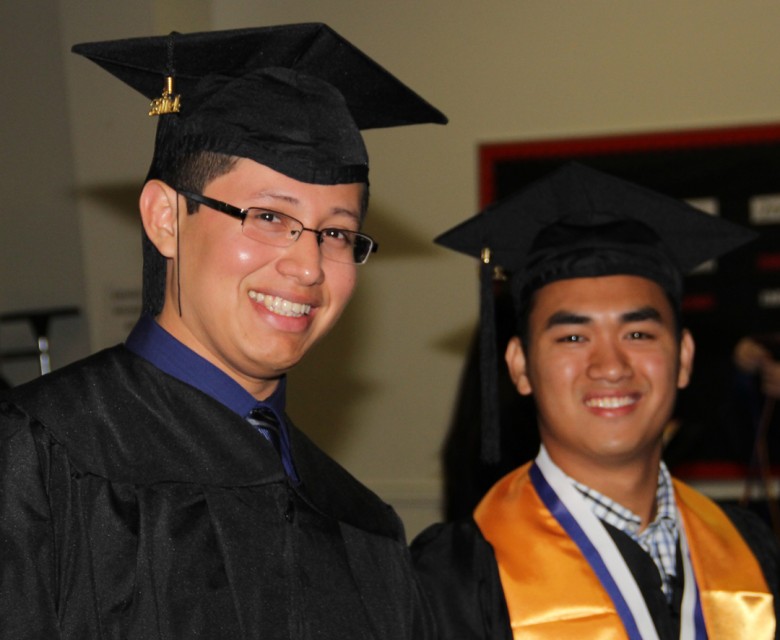Minority men’s college success aim of new consortium

Though more students head to college than ever, not all will leave with a diploma amid cheers - and statistics show that minorities are more likely to leave college without a degree.
College of the Mainland has joined the Minority Male Community College Collaborative National Consortium (M2C3) on College Men of Color to help combat the statistic. Participation in the consortium will help the college continue to serve historically underrepresented and underserved students, including men of color.
The need for this program is confirmed by statistics: in the U.S. only 17 percent and 15 percent of Black and Latino men, respectively, earn a certificate or degree or transfer from a community college to a four-year institution in six years.
To combat this achievement gap, the consortium will share ideas from community colleges across the nation on how best to serve men of color.
“We look forward to participating in this initiative to increase the success of our underrepresented students, especially men of color,” said COM President Beth Lewis. “Community colleges have always been the first choice for second chances, and we are excited to learn from others about their efforts to close the achievement gaps in the populations we serve.”
COM’s engagement in M2C3 will enhance employees’ professional development, improve current COM programs serving men of color and inspire new initiatives to meet minority men’s needs.
“This innovative group of college leaders will be instrumental in implementing cutting-edge practices and policies to address the achievement gap facing underrepresented men,” said Dr. J. Luke Wood, consortium co-director.
Launched in February 2015, the Minority Male Community College Collaborative National Consortium on College Men of Color has already seen success in information sharing between community colleges. An average of more than 1,000 consortium members participates in each webinar.
“It is inspiring to see educators collaborate and openly share innovative ideas for serving men of color,” said Frank Harris III, consortium co-director. “We look forward to the future of M2C3 and the future success of men of color."
